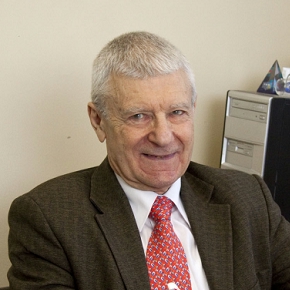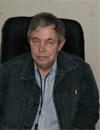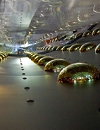 |
||
|
Iran says still puzzled over scrapped arms deal with Russia RIA Novosti, PUBLISHED October 11, 2011 The Iranian Foreign Ministry has expressed again its surprise over Russia's decision to scrap a deal to deliver S-300 air defense systems to Tehran but said this was unlikely to affect relations between the two countries. Other news: Siemens to withdraw entirely from nuclear industry The chapter for us is closed. Faster than light particles found in nuclear research experiment If the results are confirmed, they would fundamentally change the understanding of how the universe works. Iran in talks with Russia over new nuclear sites We are in talks with Russia on construction of new nuclear power stations. |
Hero of the day 
Georgy Toshinsky: Booming as a Driving Force to Trade (Reactors?) Not quite so. The authors of the concept, which was difficult to be realized in practice, turned to a clearer concept of a standing wave reactor (TP-1) that in principle allows finding the solution to the tasks stated for TWRs. INTERVIEW
Alexander Chistozvonov OPINION
Konstantin Bogdanov |

